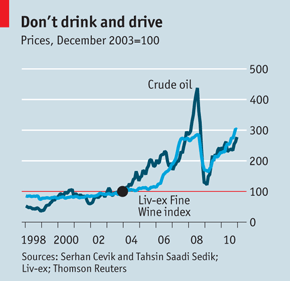Edward Siedle, foolish man, takes the Securities and Exchange Commission at their word:
Last Friday afternoon I got it into my head that I should try to contact the head of the SEC’s new whistleblower office and discuss a money manager scam I’d uncovered. Surely, I figured, in this post-Madoff era the SEC must be rolling out the red carpet for those looking to clue it in on financial shenanigans.
On the SEC’s home page, at www. sec.gov I found a new button that says “Questions, Tips and Complaints Whistleblower Provisions.” The bureaucrats behind this nifty new feature were so prescient that they even included a picture of a whistle for the convenience of illiterate snitches.
But he’s in a hurry, and doesn’t want to just fax or email the information — he wants to talk to a human being. That’s where it gets amusing/alarming depending on your view of government:
I got the number of the SEC’s media office from the folks at Forbes and called it. I asked the person who answered for the number of the SEC’s new office of the whistleblower.
“There is no new office of the whistleblower,” I was told.
“Can l please have the number of the head of the office then,” I asked.
“There is no new head of the office and there is no office,” the woman told me in a tone that she appeared to have honed while humoring morons.
“Now wait a minute,” I said, “I read an article about the new guy who is running it. He’s a former tobacco lawyer or something. I know his name … it’s McKessy or something like that.”
My handler laughed and said, “So you believe everything you read?”
H/T to Tim Harford, who linked to this article saying “Adapt emphasises whistleblowing as a way of uncovering hidden problems in fragile systems. Therefore: HEADDESK”.
Adapt, of course, is Harford’s latest book, which I quite enjoyed reading and recommend to your attention.

 Wine experts usually explain price movements by supply-side factors such as the effects of the weather and age, but research by Serhan Cevik and Tahsin Saadi Sedik, economists at the IMF, finds that supply has only a small impact on prices. Instead, fast economic growth in emerging economies has been much more important in recent years — as is the case for oil and other commodity prices.
Wine experts usually explain price movements by supply-side factors such as the effects of the weather and age, but research by Serhan Cevik and Tahsin Saadi Sedik, economists at the IMF, finds that supply has only a small impact on prices. Instead, fast economic growth in emerging economies has been much more important in recent years — as is the case for oil and other commodity prices.

